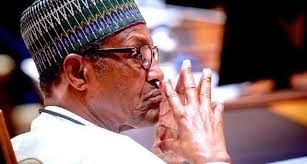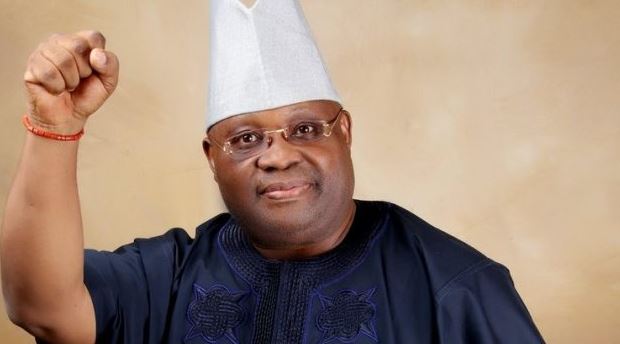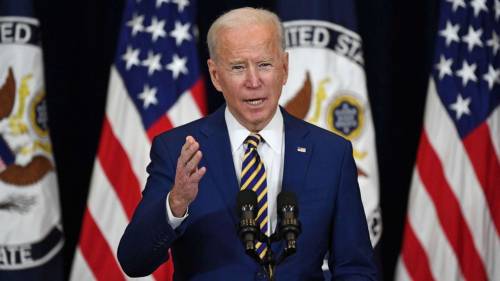The UK-Rwanda migrant deal is likely to go on despite leadership change in the Conservative Party after the resignation of Prime Minister Boris Johnson.
A judicial review to consider the lawfulness of the asylum arrangement is due to be heard in the High Court in the UK soon. The hearing is expected to last three days and a decision delivered by end of July.
While the change of leadership in the UK’s Conservative Party is expected in October, a change of policy is unlikely as the party had already backed the asylum arrangement.
This is part of a broader package of reforms in the recently enacted Nationality and Borders Act, which the UK government says will “deter illegal entry into the UK, breaking the business model of people smuggling networks, and speed up the removal of those with no right to be in the UK.”
“The (refugee ) policy will continue,” a well-placed UK official told The EastAfrican. “I am sure this important relationship will only be invigorated by a change of leader at this point. Rwanda won applause for the Chogm and there are great hopes for the Commonwealth under its new Rwandan chair.”
The UK and Rwandan governments are promoting the arrangement as an innovative solution for a “broken” international refugee protection regime. They contend it will deter criminality, exploitation and abuse and support the humane and respectful treatment of refugees.
Kigali says migrants will be entitled to full protection under Rwandan law, equal access to employment, and enrolment in healthcare and social care services as well as the issuance of necessary identification documents.
But the deal has been criticised by a broad range of stakeholders. Some Conservative MPs have voiced doubts about its legality, practicality and value for money.
Asylum rights advocates have practical concerns about the arrangement and Rwanda’s suitability as a host. They also say the deal undermines the post-WW2 international protection regime.
Last week, the UK announced a migration deal with Nigeria to “tackle illegal migration and speed up the removal of foreign criminals.”














